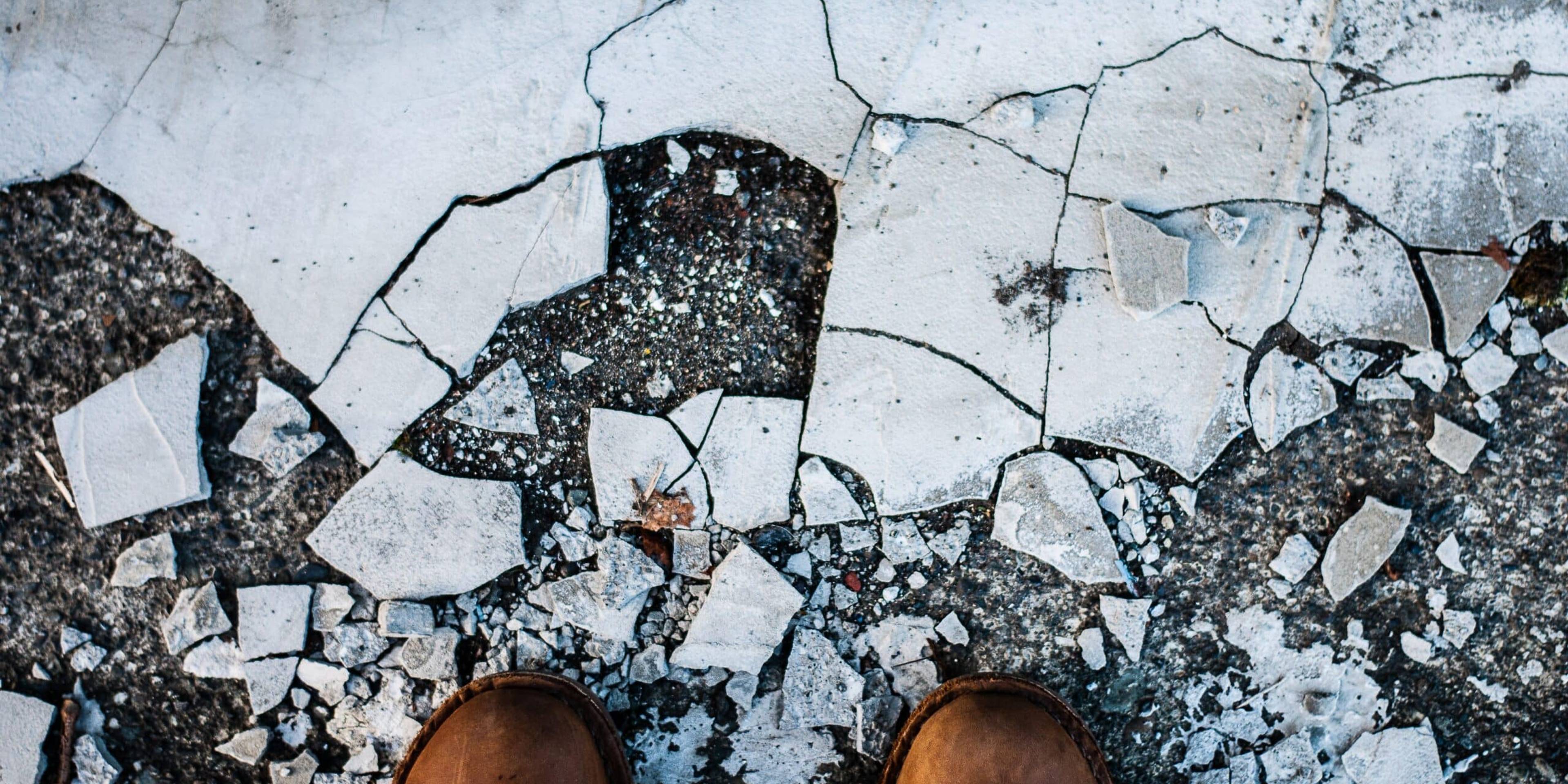November 18, 2020
Caring, not Judging
By Dr Kathy Weston

Reflect
Last week, I interviewed Dr Hope Christie, a brilliant post-doctoral researcher from the University of Edinburgh. Hope’s work focuses on parents who have PTSD (post-traumatic stress disorder) and how they manage to be effective and loving caregivers, whilst living with a challenging psychological condition.
My chat with her (which is available to listen to on my website) was enlightening. PTSD is historically associated with returning veterans and indeed its origins as a disorder lie in what was initially labelled as ‘shell shock,’ following a return from the battlefields. PTSD symptoms in recovering veterans typically include flashbacks, intrusive memories, nightmares, physical shaking and hypervigilance, but these symptoms can also be experienced by civilians.
Being in a horrific car crash, surviving a sexual assault or witnessing someone else being injured or killed; there are a multitude of stressors that can instigate a traumatic response. PTSD can also be experienced by parents who witness something happening to their child.
Most people recover well, even from terrible and frightening traumatic events, but PTSD is characterised, in part, by its persistence. One reason why Hope’s work is so inspiring is that she highlights how many people have to cope with PTSD, whilst also managing everyday parenting.
We may routinely come across these parents in our everyday lives, on the school-run and within our social circles, yet have no idea what they have been through, or how much strength it takes to get through a single day.
Trauma, and its impact, needs to be better understood by all of us. In learning more, we give ourselves and our children a better chance of thriving if and when it ever affects our own family.
Motivate
It is sobering (and slightly scary) to think that 90% of the population will experience at least one traumatic event in their lifetime.
Trauma challenges our assumptions about the world and affects what is termed ‘self-structure’ (Zepenic, 2016). Everything we know about ourselves, including our level of safety and security can be brutally turned on its head.
Trauma disrupts our sense of internal coherence; the narrative of our self-story suddenly takes unexpected, terrifying twists and turns. The good news is that, with the right clinical help, social support and sensitivity from others, people recover. Post-traumatic growth is more than possible.
In the meantime, within our own neighbourhoods, school communities and friendship circles, there are those who suffer in silence. As Hope so poignantly described, behaviour that ‘looks like’ parental disinterest, avoidance or disengagement, may simply be someone trying their best to cope and protect themselves. Parenting behaviour that may come across as ‘over-protective’, for some, might be a very natural response to a traumatic, primary experience and a desire to keep their children safe.
In the meantime, within our own neighbourhoods, school communities and friendship circles, there are those who suffer in silence. As Hope so poignantly described, behaviour that ‘looks like’ parental disinterest, avoidance or disengagement, may simply be someone trying their best to cope and protect themselves. Parenting behaviour that may come across as ‘over-protective’, for some, might be a very natural response to a traumatic, primary experience and a desire to keep their children safe.
Support
The bigger message for all of us, inspired by Hope’s work, is that every parent is trying to do their best and that we should never rush to judgement.
During these unprecedented times, people may respond and react in ways that we don’t understand or even approve of, but let’s stay on the right side of non-judgement and be sensitive to what others may silently be going through.
For those of you who have experienced trauma and worry about its impact on your parenting, I recommend you take a look at this resource site, developed by the country’s top trauma researchers: www.childtraumarecovery.com
Are you a Tooled Up member?
For parents in ‘Tooled Up’ schools, tune in to my previous podcast with Professor Sarah Halligan to learn about how best to support children with PTSD. This is a fascinating area of research. Of particular note, was Professor Halligan’s assertion that teenage girls are more vulnerable to PTSD and that adult women are twice as likely as men to develop PTSD, following a traumatic event. The jury is out on why this might be the case.